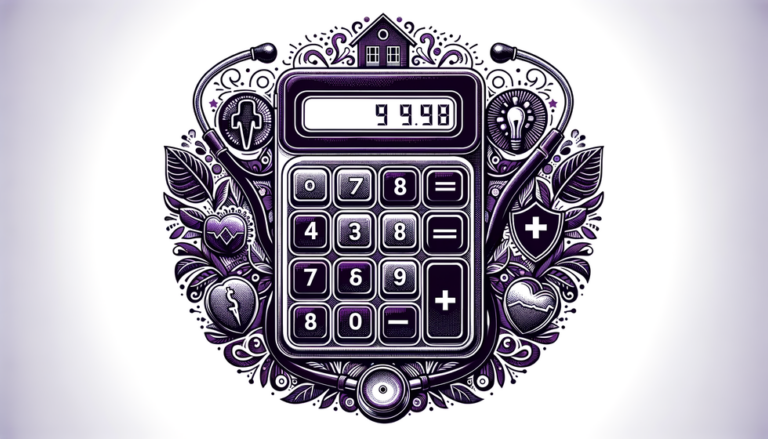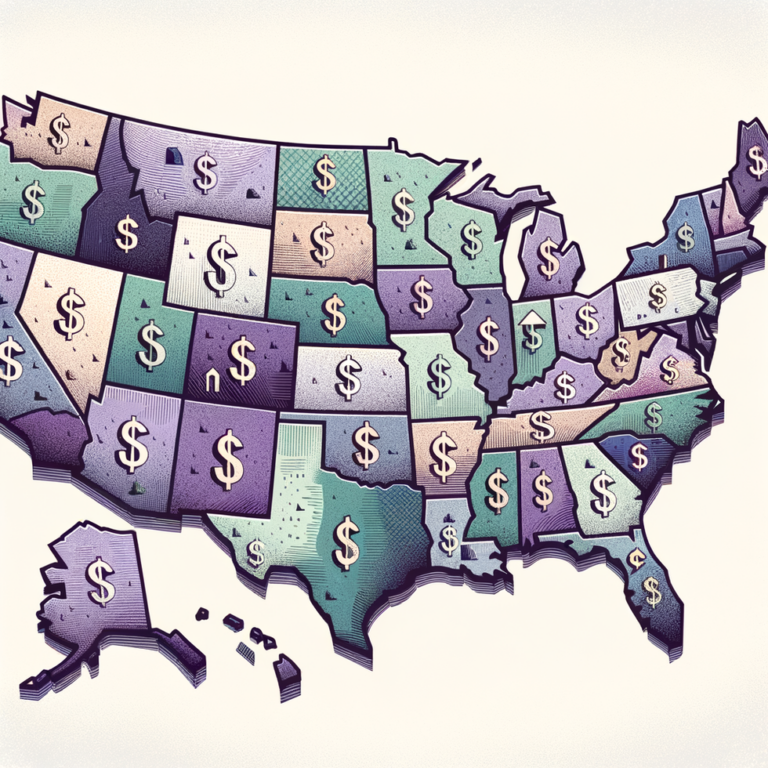How Much Is Electrician Insurance – Simply Insurance
As an electrician, having the right insurance is crucial to protect yourself and your business from potential risks. But how much does electrician insurance cost? In this article, we’ll break down the costs, factors affecting rates, and provide insights into getting the best coverage for your needs.
What Is The Average Cost Of Electrician Insurance? Understanding the average cost of electrician insurance can help you budget and plan accordingly. On average, electrician insurance can range from $500 to $1,500 per year. This cost can vary based on several factors, including the size of your business, the types of services you offer, and your location.
What Is Another Name For Electrician Insurance? Electrician insurance is also commonly referred to as Electrical Contractor Insurance or Electrical Business Insurance. These terms are often used interchangeably and encompass various types of coverage tailored specifically for electricians.
Why Is Electrician Insurance More Expensive Than General Liability Insurance? Electrician insurance tends to be more expensive than general liability insurance due to the higher risks associated with electrical work. Electricians often work in hazardous environments, dealing with high voltage and complex wiring systems, which increases the likelihood of accidents and claims. Additionally, the specialized nature of the work requires more comprehensive coverage.
How Much Does Electrician Insurance Cost Per Month? When breaking down the annual cost into monthly payments, electrician insurance typically costs between $40 and $125 per month. This monthly expense can vary based on the specific coverage options you choose and the overall risk profile of your business.
How Much Is Electrician Insurance By State? The cost of electrician insurance can vary significantly from state to state due to differences in regulations, risk factors, and local market conditions. Below, we provide a detailed look at the costs in several key states.
How Much Does Electrician Insurance Cost In CA? In California, the average cost of electrician insurance ranges from $600 to $1,800 per year. The state’s stringent regulations and high cost of living contribute to the higher insurance premiums.
How Much Is Electrician Insurance in GA? In Georgia, electricians can expect to pay between $500 and $1,500 annually for insurance. The cost is influenced by the state’s moderate risk environment and competitive insurance market.
How much Is a Electrical Business Insurance In Texas? Texas offers relatively affordable electrician insurance, with costs ranging from $450 to $1,400 per year. The state’s large market and competitive insurance landscape help keep premiums lower.
How Much Is Electrician Insurance in Florida? In Florida, the average cost of electrician insurance is between $550 and $1,600 annually. The state’s unique weather-related risks, such as hurricanes, can impact insurance rates.
Average Cost Of Electrician Insurance Rates By State Chart To provide a clearer picture, here is a table summarizing the average cost of electrician insurance in various states:
State Average Annual Cost California $600 – $1,800 Georgia $500 – $1,500 Texas $450 – $1,400 Florida $550 – $1,600 These figures provide a general idea of what you can expect to pay for electrician insurance in different states.
How Much Is Electrical Contractor Insurance? Electrical contractor insurance, another term for electrician insurance, typically costs between $500 and $1,500 per year. This coverage includes general liability, professional liability, and other essential protections tailored for electrical contractors.
Key Factors That Affect Electrician Insurance Costs Several factors can influence the cost of electrician insurance. Understanding these can help you manage your premiums effectively.
Business Size and Revenue The size of your business and its annual revenue play a significant role in determining your insurance costs. Larger businesses with higher revenues generally face higher premiums due to increased risk exposure.
Types of Services Offered The specific services you provide can also impact your insurance rates. For example, electricians who work on high-risk projects, such as industrial installations, may face higher premiums compared to those focusing on residential work.
Claims History Your claims history is another critical factor. Businesses with a history of frequent claims or significant losses may be considered higher risk, leading to increased insurance costs.
How To Get Electrician Insurance Quotes Obtaining electrician insurance quotes is a straightforward process. Here are some steps to help you get started:
Research and Compare Providers Start by researching different insurance providers that specialize in electrician insurance. Compare their offerings, customer reviews, and pricing to find the best fit for your needs.
Use Online Quote Tools Many insurance websites, like SimplyInsurance.com, offer online quote tools that allow you to compare quotes from multiple providers. These tools can save you time and help you find competitive rates.
Consult with an Insurance Agent Speaking with an insurance agent can provide personalized advice and help you navigate the complexities of electrician insurance. They can also assist in finding discounts and bundling options to reduce your premiums.
Electrician Insurance Cost Calculator Using an electrician insurance cost calculator can help you estimate your premiums based on specific factors related to your business.
Input Business Details Enter details about your business, such as its size, location, and the types of services you offer. This information helps the calculator provide a more accurate estimate.
Review Coverage Options Consider different coverage options and their associated costs. The calculator can help you understand how various coverages impact your overall premium.
Electrician Insurance Cost Vs General Liability Insurance Comparing electrician insurance to general liability insurance can help you understand the differences in coverage and costs.
Is General Liability Insurance the same as Electrician Insurance? No, general liability insurance is not the same as electrician insurance. While general liability covers basic risks like bodily injury and property damage, electrician insurance includes additional protections specific to electrical work, such as professional liability and tools and equipment coverage.
What Does Electrician Insurance Cover In U.S.? Electrician insurance provides comprehensive coverage to protect your business from various risks.
What Is A Good Deductible For Electrician Insurance? A good deductible for electrician insurance typically ranges from $500 to $1,000. Choosing a higher deductible can lower your premiums, but it’s essential to ensure you can afford the out-of-pocket expense in case of a claim.
What insurance does an electrician need? Electricians need several types of insurance, including general liability, professional liability, workers’ compensation, and tools and equipment coverage. These coverages protect against various risks associated with electrical work.
Common Exclusions in Electrician Insurance Policies Understanding common exclusions in electrician insurance policies can help you avoid unexpected gaps in coverage.
Intentional Damage Most policies exclude coverage for intentional damage caused by the insured. It’s crucial to ensure that all work is performed professionally and ethically.
Faulty Workmanship Some policies may exclude coverage for faulty workmanship. It’s essential to review your policy and consider additional coverage options if needed.
How Much Coverage Do I Need As A Electrician? Determining the right amount of coverage depends on several factors, including the size of your business, the types of projects you handle, and your risk tolerance.
Assess Your Risks Evaluate the specific risks associated with your work. Consider factors like the complexity of projects, potential liabilities, and the value of your tools and equipment.
Consult with an Insurance Professional Speaking with an insurance professional can help you determine the appropriate coverage limits for your business. They can provide personalized recommendations based on your unique needs.
Is Electrician Insurance Required By Law In America? Electrician insurance requirements vary by state and local regulations. While not all states mandate electrician insurance, having coverage is highly recommended to protect your business from potential liabilities.
Are There Penalties for Not Having Electrician Insurance? In states where electrician insurance is required, failing to have coverage can result in penalties, fines, and even the suspension of your business license. It’s essential to comply with local regulations to avoid these consequences.
Types of Electrician Insurance There are several types of insurance that electricians should consider to ensure comprehensive protection.
Does electrician insurance cover faulty workmanship? Not all electrician insurance policies cover faulty workmanship. It’s crucial to review your policy and consider additional coverage options if needed. Some insurers offer endorsements or separate policies to cover this risk.
How to Lower Your Electrician Insurance Premiums There are several strategies you can use to lower your electrician insurance premiums without sacrificing coverage.
Implement Safety Measures Implementing safety measures and training programs can reduce the risk of accidents and claims, leading to lower premiums. Insurers often offer discounts for businesses with strong safety records.
Bundle Policies Bundling multiple insurance policies with the same provider can result in significant discounts. Consider combining your general liability, professional liability, and workers’ compensation policies.
Electrician Insurance Vs Workers Compensation Insurance Understanding the differences between electrician insurance and workers’ compensation insurance can help you ensure comprehensive coverage for your business.
What Is Workers Compensation Insurance? Workers’ compensation insurance provides coverage for medical expenses and lost wages for employees who are injured on the job. It is typically required by law for businesses with employees.
How Do They Differ? While electrician insurance covers various business liabilities, workers’ compensation specifically addresses employee injuries and related costs. Both types of insurance are essential for comprehensive protection.
Taking Action Now that you have a comprehensive understanding of electrician insurance costs and coverage options, it’s time to take action. Protect your business and ensure peace of mind by obtaining the right insurance coverage today. Start by researching providers, comparing quotes, and consulting with an insurance professional to find the best policy for your needs.
Frequently Asked Questions Which is better: term or whole life insurance? Term life insurance is generally better for most people due to its lower premiums and straightforward coverage. It provides a specific death benefit for a set term length at an affordable price.
How do I get a life insurance policy? The best way to get a life insurance policy is by shopping online. The process has become easier in recent years, allowing you to compare quotes and apply for coverage quickly and conveniently.
What happens to term life insurance if you don’t die? If you don’t die before your term policy ends, you can either renew the policy at a higher rate, convert it into a whole life policy, or let it expire. Each option has its own benefits and considerations.
How much is term life insurance for a 50-year-old? The cost of term life insurance for a 50-year-old varies based on factors like health and coverage amount. For example, a $250,000 20-year term policy for a woman in excellent health with no exam might cost around $26.42 per month.
Article Source
Information contained on this page is provided by an independent third-party content provider. This website make no warranties or representations in connection therewith. If you are affiliated with this page and would like it removed please contact editor @producerpress.com


